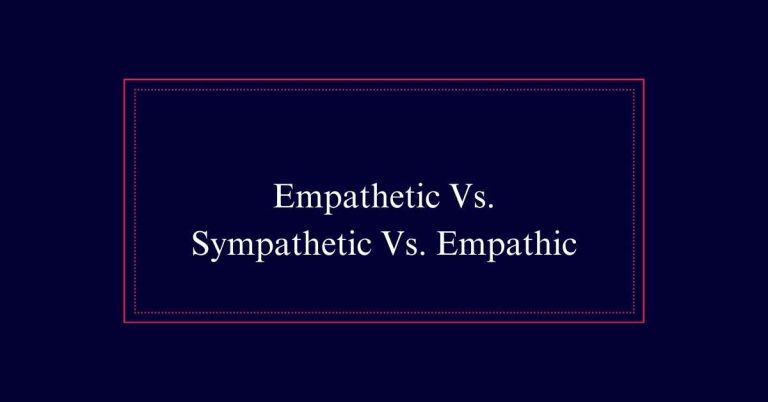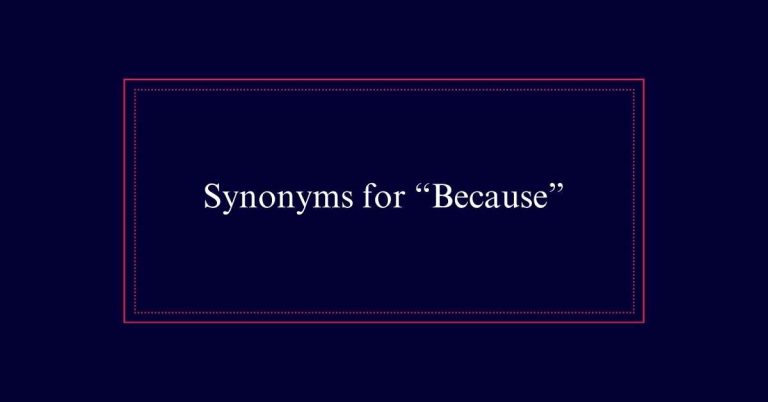Faux Pas: Definition and Examples
A faux pas, borrowed from French, denotes a social blunder or an embarrassing mistake. The term combines “faux” (false) and “pas” (step), indicating a misstep in behavior. It describes unintentional offenses such as interrupting conversations, wearing inappropriate attire to formal events, asking overly personal questions, neglecting local customs when traveling, and excessive self-promotion. In English, “faux pas” is used both in singular and plural forms, pronounced as [foh pah] or [foh pahz].
Origin and Meaning
The term ‘faux pas’ is a loan phrase from French that has been used in English since the 17th century. ‘Faux’ translates to false, and ‘pas’ means a dance step. Over time, ‘faux’ also came to signify anything fake or incorrect.
A ‘faux pas’ denotes an embarrassing social mistake, often stemming from a breach of good manners or etiquette. The phrase encapsulates situations where one unintentionally offends or makes a blunder in social settings. It’s commonly used to describe actions that, while not necessarily harmful, result in social awkwardness or discomfort.
Understanding the origins helps grasp why it still resonates in modern language as a term for social missteps.
Plural Forms
Understanding plural forms of ‘faux pas’ highlights differences in usage between French and English. In French, the term ‘faux pas’ remains unchanged whether it is singular or plural. The spelling and pronunciation are the same in both cases. This simplicity reflects the consistency of French grammar rules.
In English, the spelling also remains ‘faux pas’ for both singular and plural forms. However, the pronunciation differs slightly. The singular form is pronounced [foh pah], while the plural form is pronounced [foh pahz].
This subtle change in pronunciation helps distinguish between one social blunder and multiple instances.

Common Examples
Cultural sensitivity often dictates the avoidance of common faux pas in social interactions. Recognizing these social mistakes can help prevent awkward situations and maintain respectful relationships.
Here are some typical examples of faux pas:
- Interrupting conversations: Cutting someone off while they are speaking.
- Inappropriate attire: Wearing casual clothes to formal events.
- Personal questions: Asking about age, salary, or relationship status.
- Ignoring customs: Not observing local etiquette when traveling.
- Overzealous self-promotion: Bragging about achievements excessively.
Understanding these common faux pas can enhance social awareness and foster better interactions. By being mindful of these errors, one can navigate various social settings with grace and respect, thereby avoiding potential embarrassment and fostering positive relationships.
Frequently Asked Questions
How Can I Avoid Making a Faux Pas in Social Settings?
To avoid making a faux pas in social settings, be observant and respectful. Understand cultural norms, listen more than speak, and avoid sensitive topics. Being polite and showing genuine interest in others will also help.
What Should I Do if I Commit a Faux Pas?
If you commit a faux pas, remain calm and composed. Apologize sincerely and briefly. Learn from the mistake to avoid repeating it. Demonstrating grace and humility can help mitigate any negative impact on your social standing.
Are Faux Pas Culturally Specific?
Yes, faux pas are often culturally specific. What may be considered a social mistake in one culture could be perfectly acceptable in another. Understanding cultural norms is essential to avoid committing a faux pas.
Can a Faux Pas Have Serious Consequences?
Yes, a faux pas can have serious consequences. In professional settings, it can damage reputations, harm relationships, or result in lost opportunities. Cultural faux pas can lead to misunderstandings, conflicts, or even legal issues.
How Do Faux Pas Differ From Other Social Mistakes?
Faux pas are specific social mistakes that breach good manners or cultural norms. Unlike general errors or blunders, they often carry significant social embarrassment and can impact one’s reputation or relationships in formal settings.






